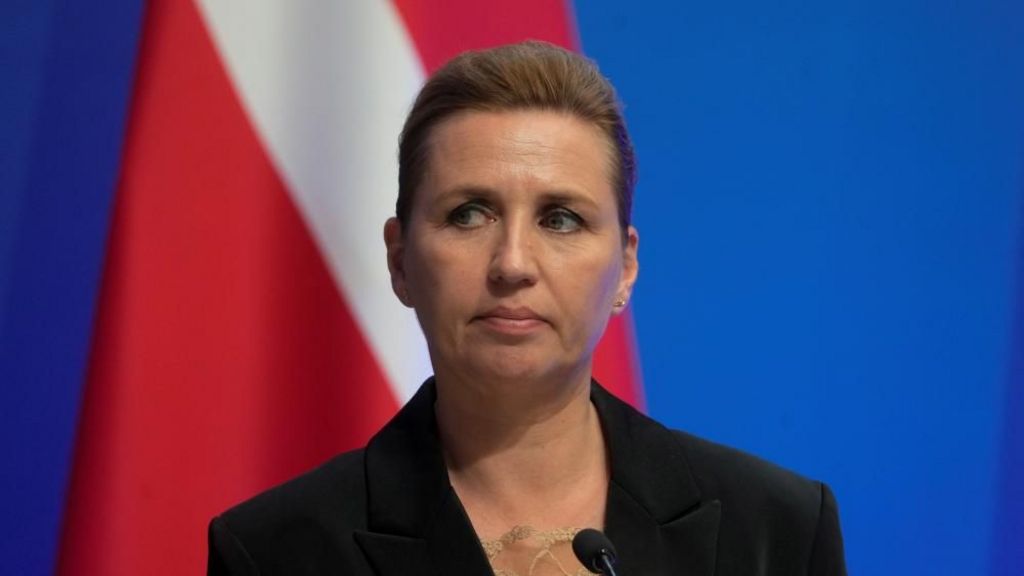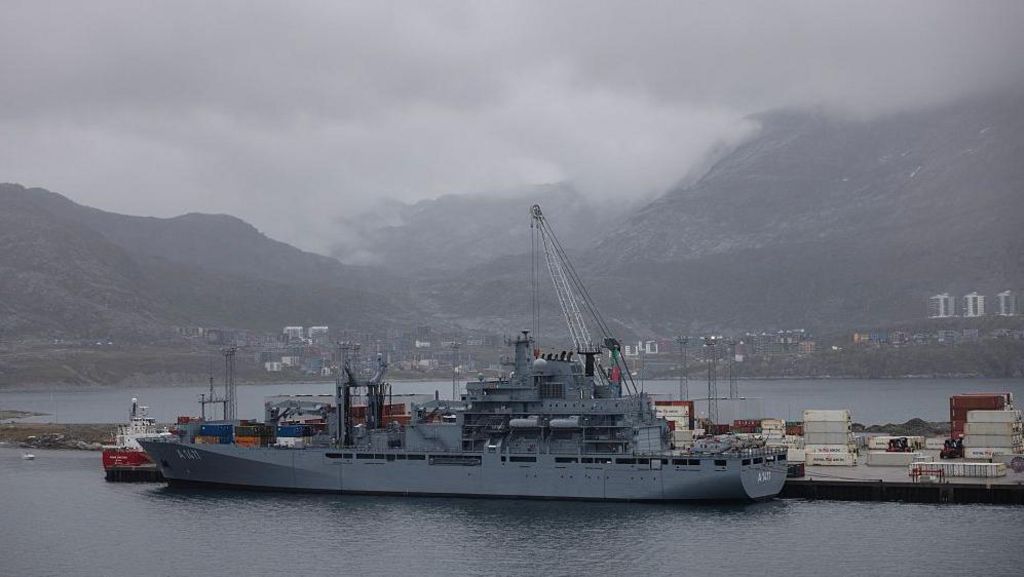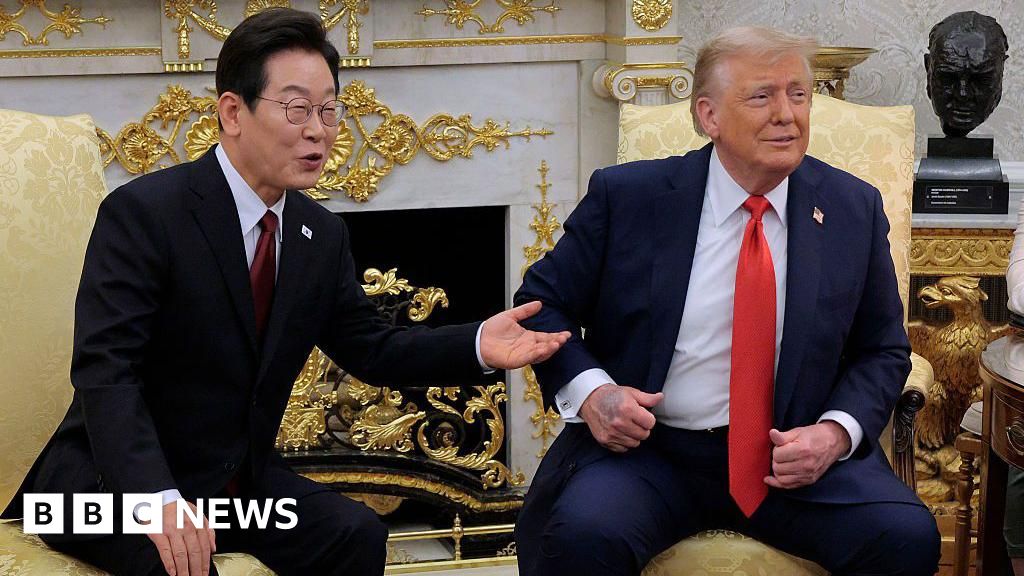Denmark's sleek capital, often associated with Scandinavian liberalism, is experiencing a significant shift in its approach to immigration. Contrary to expectations that far-right politics dominate discussions on migration in Europe, Denmark's strict immigration policies stem from the center-left Social Democrats, led by Prime Minister Mette Frederiksen. According to Marie Sandberg, director at the Centre for Advanced Migration Studies, Denmark is now viewed as a "pioneer in restrictive migration policies."
This change emerged in response to escalating voter concerns regarding migration, particularly after the 2015 European migration and refugee crisis. The number of immigrants in Denmark has grown significantly, raising alarms about the welfare system's strain and increasing local resentment. Political messaging emphasizing Denmark’s cultural integrity, such as “Danes First,” gained traction among voters, culminating in legislation permitting the confiscation of asylum seekers' valuables to fund their stay.
Recent laws have intensified restrictions, showcasing Denmark's intention to process asylum-seekers outside Europe. A notable example is a failed attempt to detain them on a remote island, previously a containment zone for contagious animals. Additionally, family reunification rights have been curtailed, and refugees' legal status is now temporary, even when asylum claims are valid.
This approach is reminiscent of broader trends across Europe, where it appears that center-left parties are adopting rhetoric previously associated with the far-right to maintain electoral viability. As seen with Frederiksen’s Social Democrats, such a pivot involved a departure from their traditional openness towards immigration, framing it as a necessary measure to safeguard public services and social cohesion.
While the Danish government argues that its policies are addressing real migration challenges without inciting "hysterical rhetoric," critics contend that the measures compromise humanitarian standards, alienate immigrants, and violate international laws. The "parallel societies" law highlights the deepening divide, allowing for demolitions of housing in areas with high immigrant populations.
Conversely, Spain's government is taking a different route, advocating for the legalization of undocumented workers to bolster economic growth in light of a declining birthrate and an aging population. The contrasting strategies within Europe raise questions about the sustainability and ethical implications of such immigration policies.
As Denmark blazes a trail with severe restrictions, Europe remains at a crossroads with migration discourse, as countries grapple with balancing national concerns and humanitarian responsibilities.






















